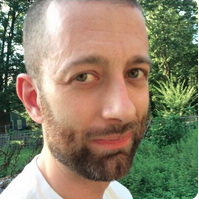There are many reasons for this, among them my natural inclination for Not Much Structure as well as a very full life.
I have also, however, engaged in multiple conversations with Cheryl, as well as Karl, Brian, and Crystal, with respect to these difficulties.
And the conclusion we've come to is not particularly glamorous, but it needs to be shared:
Flipclass is hard.
We don't want to lie to the wide world about it -- it's not a panacea. It's a step. And it's a very difficult step.
It's difficult for the students, who have had everything they've ever learned about playing school in the last 11 years ripped away from them (in just one class, mind you).
It's difficult for the teachers, too-- the building of infrastructure, finding the balance between giving kids freedom to follow their passions and making sure that they are actually learning how to read and write and think in a powerful, critical kind of way.
What the Theory of the Wall says (which echoes Godin) is that better things lie on the other side of the Wall (the Dip), and the reason that not many people are able to enjoy wild successes in their (professional and "real") lives is that most people don't have the fortitude and patience and support from friends and colleagues to ride out the Dip and break through the Wall.
So thank you to those people who have shared experiences that echo my own--difficulties with student engagement, student buy-in, exhaustion and eyes-crossing-at-the-computer-screen-late-at-night kinds of work.
The Wall is breaking. And it's because of you all.

 RSS Feed
RSS Feed
